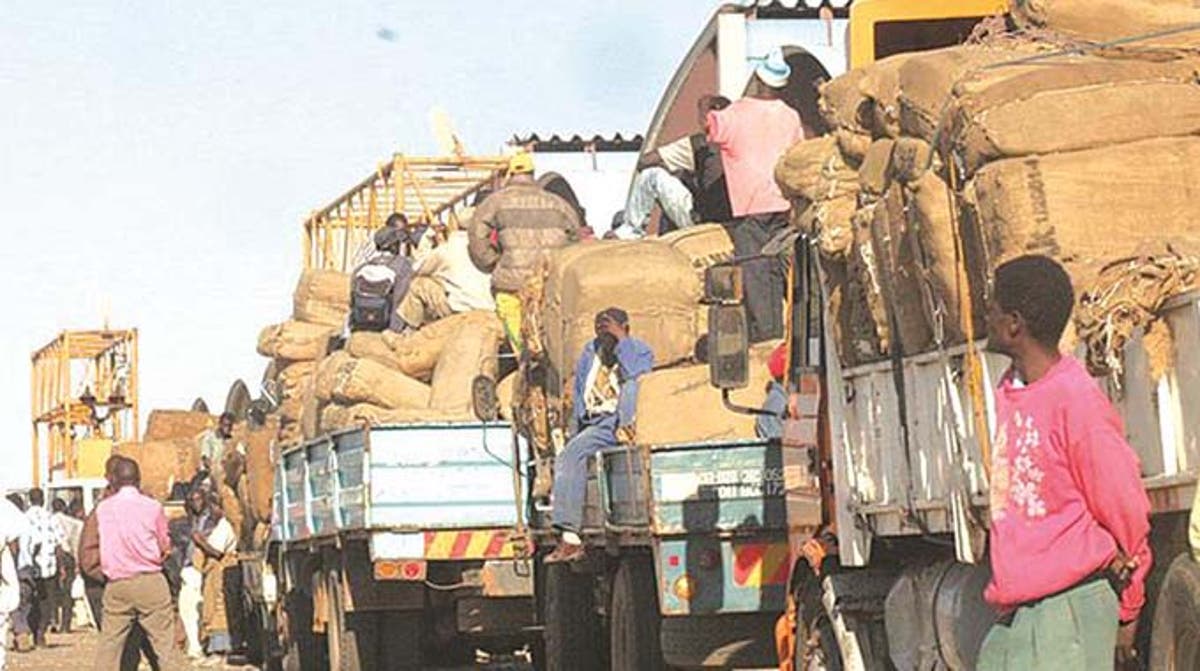Triple Tee Footwear resilient to conquer export market
Durban – Triple Tee Footwear, a safety shoe manufacturing company operating in Sunway City Industrial Park, says there is need to improve the ease of doing business in the country to enhance competitiveness of local firms in regional and international markets.
Despite operating in a special economic zone, Triple Tee Footwear has had to grapple with intermittent power supply which forces it to resort to more expensive generators.
Sunway City gets its power supply at the same time as Mabvuku and other Harare Eastern suburbs, but the area suffers frequently from load shedding.
“Our processes, whether we are producing or not, requires consistent power supply, but we rarely have that from the national grid.”
“We then have to use generators requiring 18 litres of diesel per hour for the bigger generator when producing, and 6 litres of diesel for the small generators when not producing.
“This is makes it very expensive when compared to using electricity from the national grid,” said Tripple Tee Footwear managing director Enock Chitekedza.
He said operations are run on generator 60 percent of the time but things could be better if the area, which is a special economic zone is given a dedicated power line.
Triple Tee Footwear is currently exhibiting at the Intra-African Trade Fair (IATF2021), and believes, in terms of quality its safety shoes, are only comparable to those made in South Africa, across the continent.
The only differentiator, is the ease and cost of going business, according to Chitekedza.
He said the other aspect which needs to be considered is issues to do with duties on raw materials where South African companies pay duty on FOB, but Zimbabwe firms pay duty on CIF.
“The second point is the duty regime, leather companies we pay 25 percent and South African companies pay 10 percent, but we are competing in the same space, so already we are marginalised when it comes to international trade because our duties are higher and we are not playing on a level playing field yet we want to boost our exports,” Chitekedza explained.
He also said Triple Tee Footwear has also failed, since 2016, to get the rebate on duty which players in the leather sector are supposed to get when importing raw materials as required by law.
Triple Tee Footwear imports chemicals used in the safety shoe manufacturing from Italy and South Africa.
The challenges have however not stopped the firm from seeking to grow its export market.
The company is one of the 30 local firms at the Zimbabwe pavilion, one of the most outstanding ones at the ongoing IATF2021 in Durban South Africa.
Chitekedza said the company is resilient and believes its products can still get a share of the regional market.
“Our products are of top quality and in addition to our outlet in Zambia, we are here (at IATF2021) to expand our regional markets.
“The reason being that we want to generate the much needed foreign currency.”
Chitekedza applauded the foreign currency auction system for providing reasonably priced forex requirements.
On the auction system, firms bid for foreign currency and Triple Tee Footwear has benefited immensely from the successful bids and allotments.
“That’s why we are here so that we can also generate foreign currency for our own use and for others.
“We believe by coming to exhibitions like this one we tend to meet different clients with different requirements so we have a full range of our products including new ones to showcase.”
The AITF2021, is a high level trade fair which provides a platform for international buyers, sellers, and investors to share market information in support of the Intra-Africa trade.
The IATF will this year focus on the newly launched Africa Continental Free Trade Agreement (AfCFTA) which provides local businesses to access an African market with a GDP of over US$2,5 trillion.
According to Zimtrade chief executive Allan Majuru, Zimbabwe will leverage the trade fair to highlight the best of local manufacturing capabilities in, among others, the footwear and leather industries.
“There is scope for made in Zimbabwe products to competitively compete across the continent, and as you can see the quality of products being exhibited by Triple Tee Footwear and also Millennium Footwear is of top quality and unique” Majuru said.
Zimbabwe this year launched the Leather Sector Strategy (2021-2030), which is meant to encourage the sector to increase volumes of products and contribute to the economic rebound.
The strategy seeks to increase the competitiveness of the leather value chain by growing the sector’s production capacities from 30 percent to 75 percent by 2030, enabling players to access local and export markets.-eBusiness Weekly









